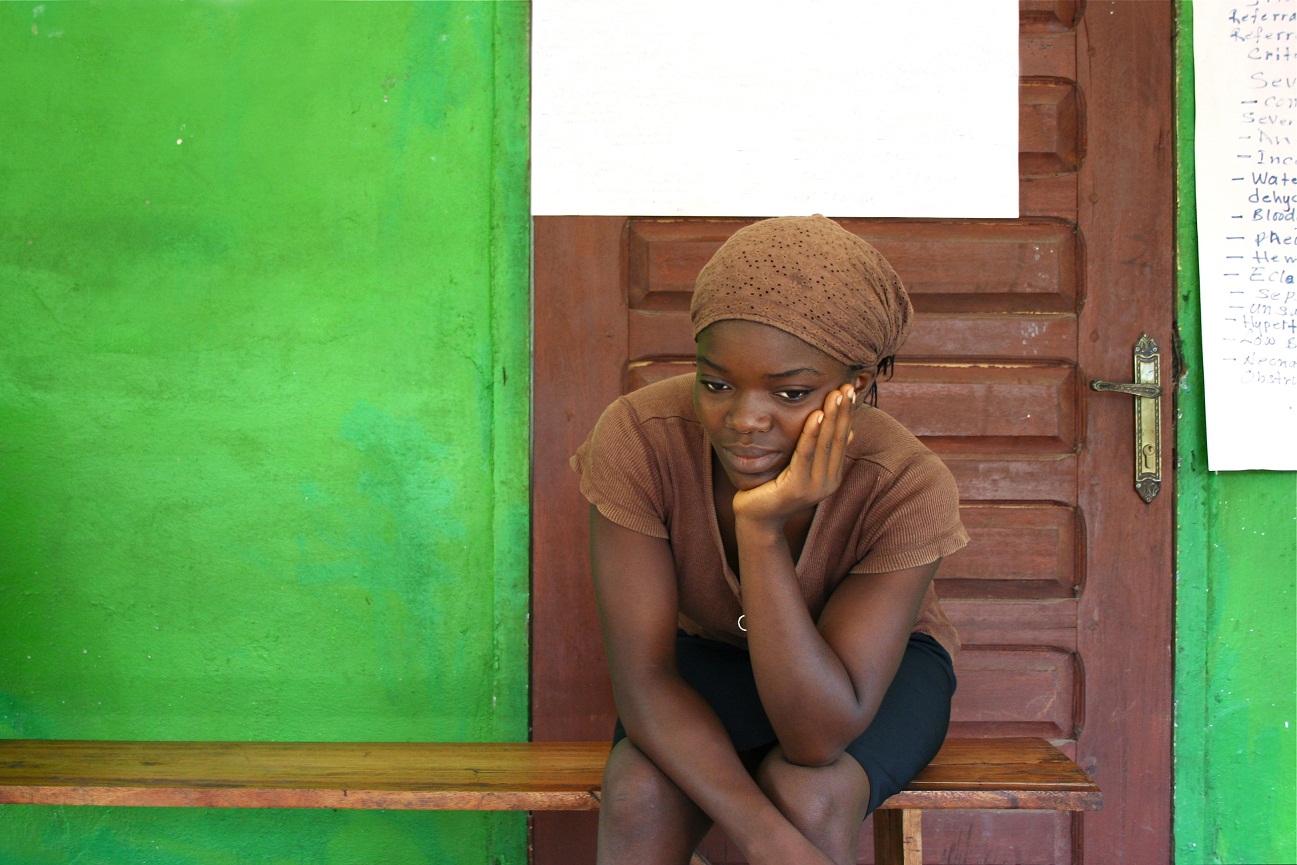Future Vaccines
Major Clinical Study on HIV Vaccine Begins in South Africa
Published December 12, 2016 | Vaccination, Future Vaccines

If
the new study achieves a response rate of even 50 to 60 percent
effectiveness, pharmaceutical comparnies Sanofi Pasteur of France and
GlaxoSmithKline (GSK) of the United Kingdom are preparing to begin
licensing negotiations.
In the first large-scale study of an HIV vaccine since 2009, South Africa’s Medical Research Council, led by research professor Glenda Gray, seeks to enroll 5,400 sexually active young men and women in the new study, known as HVTN 702. The placebo-controlled protocol (meaning that half of the participants receive an inactive agent) is sponsored by the U.S. National Institutes of Health (NIH) and will involve five injections given over the course of one year.
If the new study achieves a response rate of even 50 to 60 percent effectiveness, pharmaceutical companies Sanofi Pasteur of France and GlaxoSmithKline (GSK) of the United Kingdom are preparing to begin licensing negotiations.1
The new study is based on a reconfiguring of the vaccine used in a much smaller study conducted in Thailand in 2009. That study only had a reported 30 percent success rate, and even that was found to wear off over time. While those might seem like long odds for success, the stigma associated with AIDS appears to be a major driving force in people’s willingness to participate in the study.1
According to 20-year-old Awethu Benenengu, he wants to be involved in the study because he does not like the way his HIV-positive cousin is treated and he wants to be part of the effort to defeat AIDS. “There is so much stigma,” says Mr. Benenengu. “I want to be part of a generation that changes this and I want my children to be proud one day of their father for getting involved in making history.”1
The United Nations estimates the death toll from AIDS at more than 30 million people since it was recognized in the 1980s. Currently, better antiretroviral drugs have greatly improved life expectancy for AIDS patients, but the only truly protective means of preventing HIV transmission remain abstinence or the use of barrier methods such as condoms during sexual activity.1
The NIH promises that “study participants who become infected with HIV during the trial will be referred to local medical providers for care and treatment” and “will be advised on how to reduce their risk of transmitting the virus.”1
References:


No comments:
Post a Comment